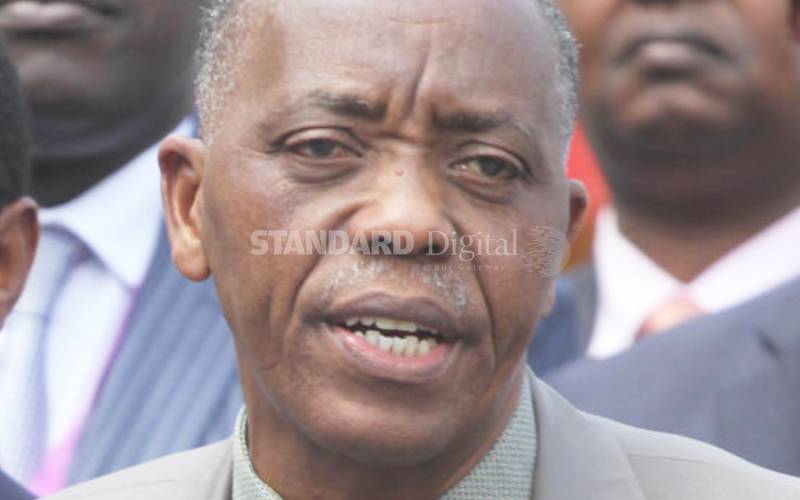×
The Standard e-Paper
Home To Bold Columnists

Head of Public Service Joseph Kinyua at the Kasarani Sports Complex, Nairobi. [Elvis Ogina/Standard]
President Uhuru Kenyatta has defended his decision not to gazette 41 judges picked by Judicial Service Commission, saying he had received adverse reports on some of them.